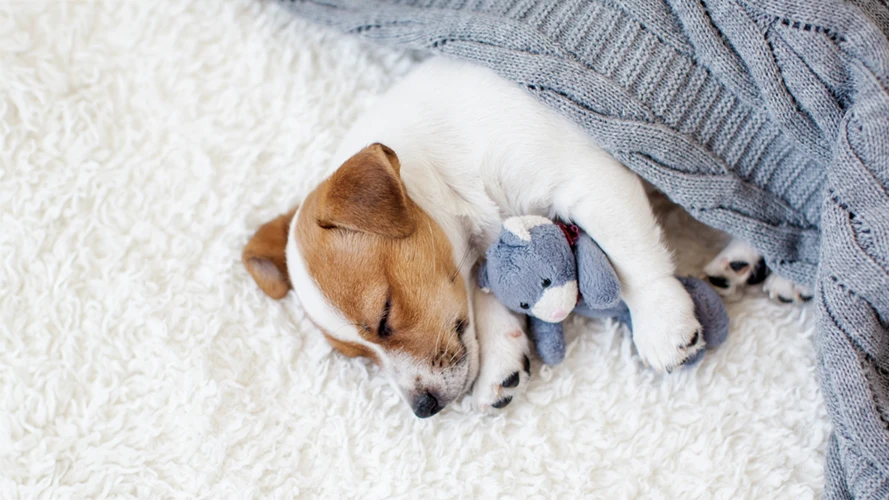How to keep your puppy safe before they are fully vaccinated
Keeping a puppy safe before they are fully vaccinated requires extra precautions to protect them from diseases while still allowing for proper socialization and development. Here’s how to do it:
1. Avoid High-Risk Areas
- No Public Dog Parks: Avoid areas where unvaccinated dogs might roam, such as dog parks or pet store floors.
- Stay Clear of Unknown Dogs: Do not allow your puppy to interact with dogs whose vaccination history you don’t know.
- Limit Outdoor Exploration: Stick to clean, controlled areas like your backyard (if secure) or carry them when in public spaces.
2. Socialize Safely
- Invite Vaccinated Dogs: Arrange playdates with healthy, fully vaccinated dogs in a safe environment.
- Controlled Socialization: Expose your puppy to new sights, sounds, and smells from a safe distance or in a controlled setting, such as meeting new people at home.
3. Maintain Good Hygiene
- Clean Their Environment: Regularly sanitize floors, toys, and bedding.
- Avoid Puddles or Standing Water: These can carry bacteria like leptospirosis.
- Clean Hands and Shoes: Wash hands and wipe shoes after coming from high-risk areas before handling your puppy.
4. Follow a Vaccination Schedule
- Work Closely with Your Vet: Ensure your puppy is on track with their vaccine schedule.
- Schedule Regular Check-Ups: Keep up with all booster shots and parasite prevention.
5. Be Cautious with Potty Breaks
- Use a Designated Spot: Take your puppy to a secure area that hasn’t been used by other dogs.
- Avoid Unknown Grass: Stick to areas you know are safe from contamination by unvaccinated dogs.
6. Crate Training for Safety
- Use a crate or playpen to limit your puppy’s exposure to potentially harmful areas when unsupervised.
7. Limit Visitors
- If visitors bring pets, ensure those animals are fully vaccinated.
- Ask visitors to remove shoes and wash their hands before interacting with your puppy.
8. Monitor Their Health
- Be alert for signs of illness, such as lethargy, vomiting, diarrhea, or lack of appetite, and contact your vet immediately if you notice anything unusual.
9. Gradual Exposure to the Outside World
- Once partially vaccinated, you can begin to carry your puppy outside to safely introduce them to different environments (e.g., observing traffic or meeting calm people).
10. Enroll in Controlled Puppy Classes
- Look for puppy socialization classes held in sanitized, indoor environments where only vaccinated puppies are allowed.
By following these precautions, you’ll reduce your puppy’s risk of exposure to diseases while still allowing them to experience the world in a safe and controlled way.



Leave a Reply
Want to join the discussion?Feel free to contribute!